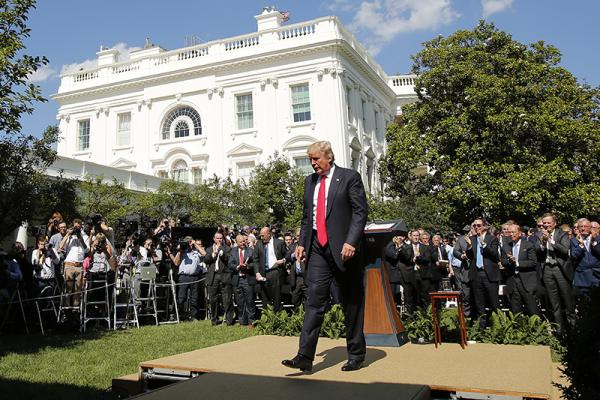Jun 9, 2017
Evangelicals, Worthen said, were trained “to see the Bible as a code book that, properly interpreted, could reveal the true meaning of current events no matter what the fancy scientists and political elites would tell you.”
Read the Full Article

Already a subscriber? Login
